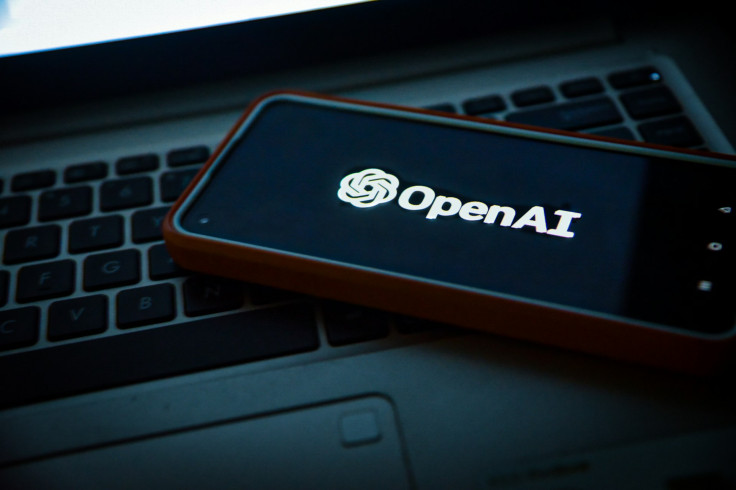Gen Z Trusts AI Over Their Bosses for Feedback and That's a Big Problem for Managers

A growing number of Gen Z workers are bypassing their managers and turning to AI tools like ChatGPT for career guidance, venting, and even emotional support, according to a revealing new survey. For many, artificial intelligence is no longer just a tool for productivity—it's a digital co-worker, therapist, and confidant all rolled into one.
ChatGPT Now a Trusted 'Work Mate'
A recent survey by Resume.org found that Gen Z is leading the charge when it comes to embracing AI in the workplace. After polling 8,647 full-time workers in the United States, the results show a marked generational shift in how AI tools are perceived and used on the job.
Key findings from the survey include:
- Views ChatGPT as an assistant or co-worker: 51% Gen Z, 40% Millennials, 35% Gen X and Boomers
- Uses ChatGPT to have personal conversations: 60% Gen Z, 50% Millennials, 20% Gen X and Boomers
- Considers ChatGPT a companion: 32% Gen Z
- Sees ChatGPT as a therapist: 21% Gen Z
- Uses ChatGPT as entertainment: 36% Gen Z
Perhaps most telling of all: nearly half (49%) of Gen Z employees said they would rather go to ChatGPT for work advice than consult their manager.
'For some users, ChatGPT has become more than just a productivity tool,' said Irina Pichura, a career coach at Resume.org, in an interview with Fortune.
'Whether they're working through a tough decision, venting about a bad day, or seeking guidance on personal matters, it's clear that many workers, particularly younger ones, are using AI to fill a gap in support they may not find elsewhere.'
How Managers Can Rebuild Trust
With Gen Z looking outside the office for guidance, workplace experts say it's time for managers to rethink how they connect with younger staff.
Stacie Haller, Resume Builder's Chief Career Advisor, recommends managers hold open conversations with new employees early on—discussing their goals, motivations, and how they see themselves growing within the company. Formal mentorship programmes could also help guide younger staff on their career path and build meaningful relationships.
'It has to be an employee-centric culture where employees feel that they're supported and there's room to grow and learn,' said Haller.
Amanda Haddaway, managing director at HR consultancy HR Answerbox, emphasises the importance of communication skills for managers. She believes that knowing how to listen, handle feedback, and navigate difficult conversations is essential to fostering trust and support in the workplace.
While these actions won't instantly replace the appeal of ChatGPT, experts say they are essential first steps toward building a more human and connected work culture.
© Copyright IBTimes 2025. All rights reserved.





















